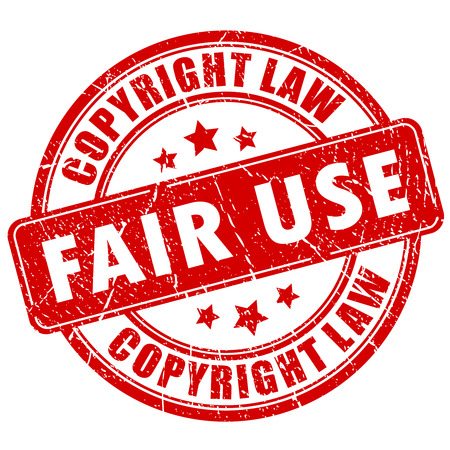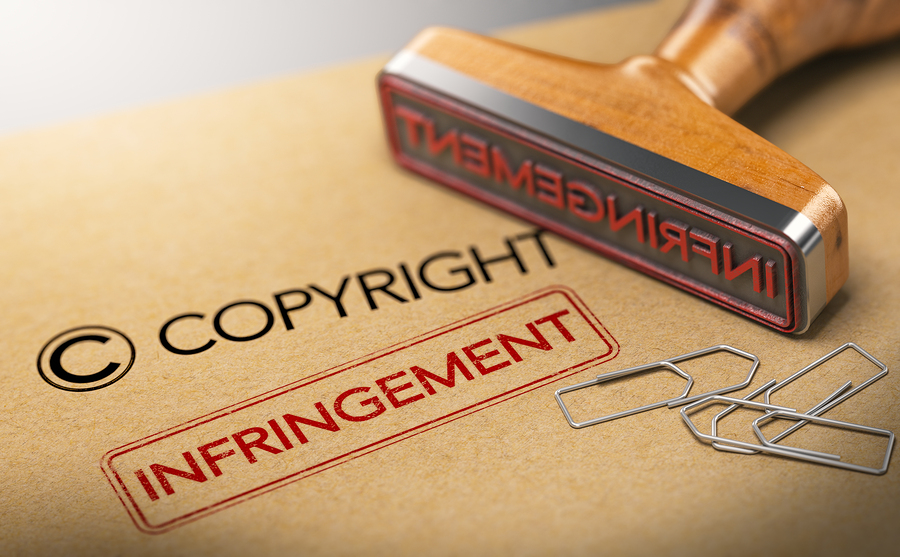A couple of weeks ago, I wrote on “The Cost of Permissions vs. Fair Use” which raised more questions. Therefore, I dug up a post I did on similar concerns. I replay it here to help you navigate these issues. Remember, I’m not an intellectual property attorney; I can only point to current best practices.
Steve,
What are the standard fair use rules for quotes of other published works? I used quotes in my book, and my understanding was that if it was less than 250 words then you don’t need permission. But a friend is self-publishing and is concerned about quotations fearing she might get sued.
Always err on the side of getting permission.
One major publisher we work with has the author get permission for any quotations from a single source that is more than 25 words, collected (aggregate) across all uses of that source in the book. So if one quote is 10 words and 100 pages later is a quote for 20 words, the author must get permission.
Another requires the author to obtain a written release from every person they interviewed and quoted in their nonfiction project–including family members like their spouse, parents, or friends.
For more information, read this excellent article by publishing attorney Kelly Way called “All’s Fair in Love and War–But Not in Copyright Law.”
A few years ago, a client wanted to extensively quote from one of his previous books (pretty much an entire chapter). But the previous book was published by a different publisher. His former publisher said that it would cost $3,000 to use his own words in the new publisher’s book–the licensing fee. No kidding. The former publisher was rightly concerned that the use of that material would suppress the future sales of the older title because key material would be found in the new book. So the author wrote the check and was able to quote his own words.
Another person asked:
In my book, I use two lines from a song about how when we are together it is heaven on earth to make a point about the role of love in evangelism, which might be considered repurposing the work for a new audience. I also use two lines from the theme song to Cheers to make a point about incarnational ministry and evangelism. It sounds to me like one or both of these could fall under “fair use.”
I would love to avoid paying licensing fees, as I am self-publishing on a shoestring budget; but I don’t want to get sued either. Can you give me some clarification on how to determine “fair use”?
If you are quoting from song lyrics, any and all usage requires permission no matter the length. Back in 1995 Microsoft used the Rolling Stones line “start it up” with music in their campaign for Windows 95. Reportedly, the fee to use those three words was three million dollars. A million dollars per word!
I had a client who wanted to use the lyrics of a famous song in her novel. She wrote the artist who was thrilled to get the request. But then the singer revealed the dirty secret. The singer does not control the copyright to the songs they sing. The composer of the lyrics owns the song, and they likely have a publisher who manages the permissions. So my client had to write to the publisher, which took some doing to discover. Then, after waiting for six weeks, got a letter asking for more information. Then the client called me.
I suggested the author simply rewrite the scene and avoid using the lyrics entirely. Saying the name of the song was enough. (It was a very famous song.) And there is no penalty for naming the song title.
Always err on the side of caution. The last thing you want is a “cease and desist” letter or a lawsuit.
We have a page on our site for copyright resources if you want to research this further: https://stevelaube2.wpengine.com/resources/copyright-resources.





